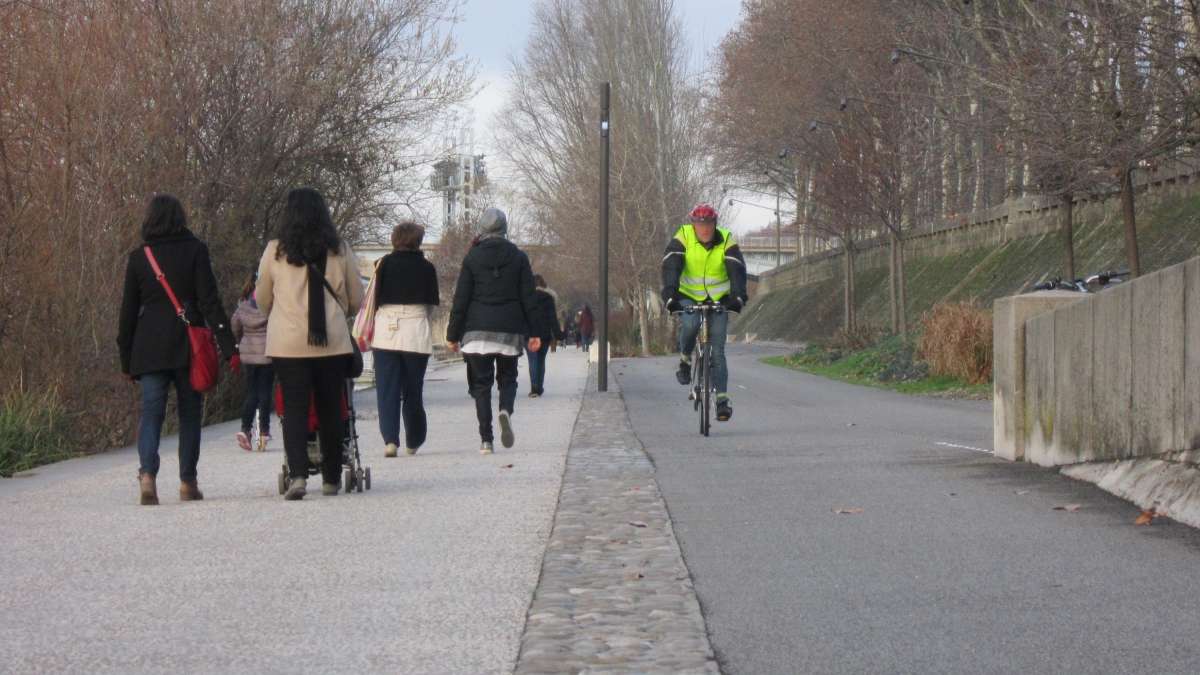Cet article fait partie du dossier : Un groupe de villes européennes travaillant pour une "ville sans obstacle pour tous"
Voir les 3 actualités liées à ce dossier
In April 2014, officers responsible for the handicap mission and the accessibility and technical officers of several cities and intercommunal cooperation authorities met at the initiative of the departments of the city of Nantes, Grand Lyon and Cerema. The "technical group of accessibility officers from inclusive cities" (GT-RAVI) was born and has set itself the primary objective of organizing an annual thematic workshop.
In 2015, the workshop was hosted by the Urban Community of Dunkirk (CUD).
Three half-days enabled thirty people representing 14 local authorities and 3 Cerema departments to discuss their respective practices and thinking and then to co-produce deliverables for any French local authority around the topic of orientation information available to all. Three subgroups, each led by a pair made up of a local authority and Cerema, worked together on the following topics :
![]() How can street design features identifiable and detectable by everyone be created?
How can street design features identifiable and detectable by everyone be created?
![]() What signage is available on the scale of an area?
What signage is available on the scale of an area?
![]() Will smart cities be (more) accessible to all?
Will smart cities be (more) accessible to all?
The detailed reports and deliverables of each group are available on-line (in French) and can be consulted for further details on each topic dealt with.
The attached paper
1) summarizes the main points discussed during the closing plenary session
2) focuses on the results of the subgroup that worked on "How can street design features identifiable and detectable by everyone be created?"
It was presented during the 14th meeting of the "Barrier-free city for all" Eurocities working group in Prague in June 2016.
Ressources
Dans le dossier Un groupe de villes européennes travaillant pour une "ville sans obstacle pour tous"

